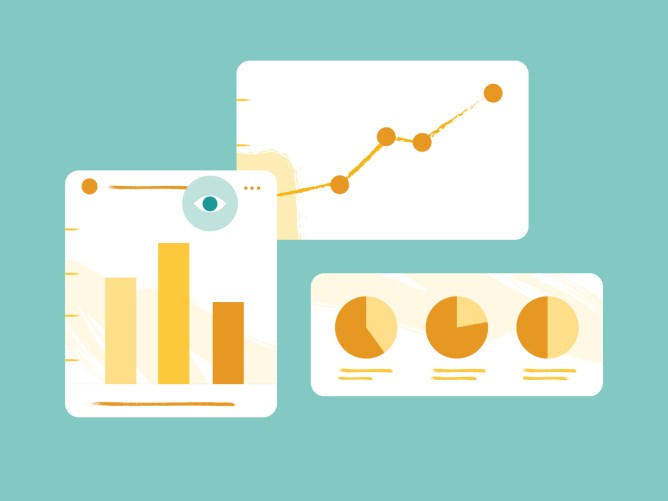
To understand the impact social media apps like Facebook and Instagram have on the world, it’s important to support rigorous, independent research. That’s why Meta has been committed to an open and privacy-protective approach to research for many years, including making tools available to support public interest research, such as the US 2020 studies.
Over the past few months we gave Beta access to our new Meta Content Library and API tools. After multiple rounds of feedback with researchers and other stakeholders, we are now in a position to roll these tools out more broadly.
Meta Content Library & API
Our Meta Content Library and API tools provide access to near real-time public content from Pages, Posts, Groups and Events on Facebook, as well as from creator and business accounts on Instagram. Details about the content, such as the number of reactions, shares, comments and, for the first time, post view counts are also available. Researchers can search, explore and filter that content on both a graphical User Interface (UI) or through a programmatic API.
Together, these tools provide the most comprehensive access to publicly-available content across Facebook and Instagram of any research tool we have built to date. They also help us meet new regulatory requirements, data-sharing and transparency compliance obligations. Introducing these tools to researchers early in the development process gave us the opportunity to improve them before making them more widely available. We will continue to make improvements as we collect more feedback from researchers.
Individuals from qualified institutions pursuing scientific or public interest research topics will be able to apply for access to these tools through partners with deep expertise in secure data sharing for research, starting with the University of Michigan’s Inter-university Consortium for Political and Social Research. This is a first-of-its-kind partnership that will enable researchers to analyze data from the API in ICPSR’s Social Media Archive’s (SOMAR) Virtual Data Enclave.
Social Capital Research
Last year, in collaboration with Raj Chetty and Harvard’s Opportunity Insights Program, we released a landmark study to measure the drivers of economic mobility in the US using information from 21 billion friendships on Facebook, which found that social connections play an important role in helping communities rise out of poverty.
We’re now expanding this research program with Harvard to better understand the drivers of economic mobility around the world by using insights from our platform on the dynamics of social networks, as well as publicly available data on socioeconomics and schools. We plan to examine cross-class friendships across the United Kingdom in collaboration with experts at the Behavioural Insights Team, Royal Society of Arts, Stripe Partners and Neighbourly Lab.
As well as expanding to more countries, we also plan to do more research into the role social connections play in economic opportunity including business creation, attending college, and getting a job. Building on our work looking at how social connections benefit people, we will continue to study how social networks help communities recover from crises and help displaced populations and migrants.
The post New Tools to Support Independent Research appeared first on Meta.















 English (US) ·
English (US) ·